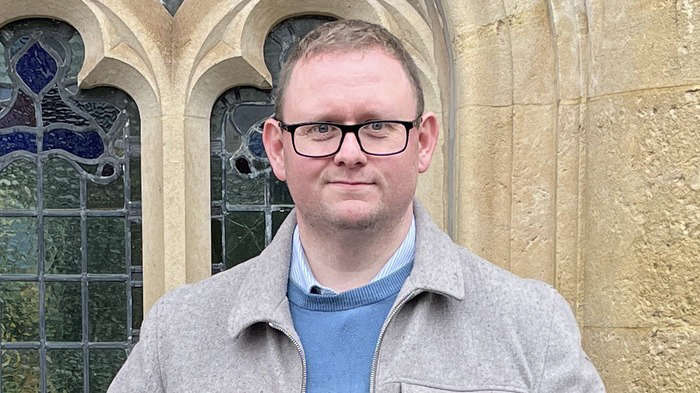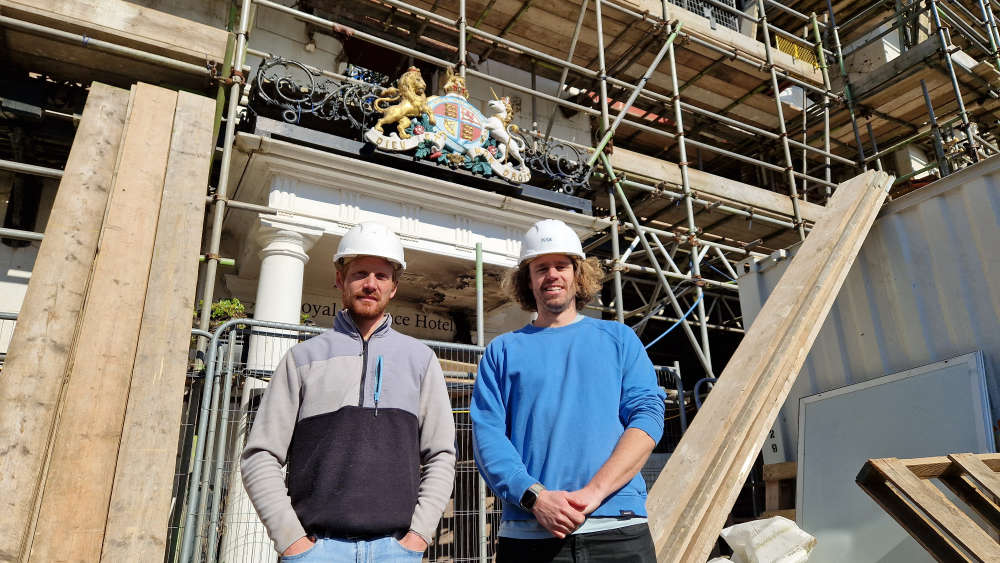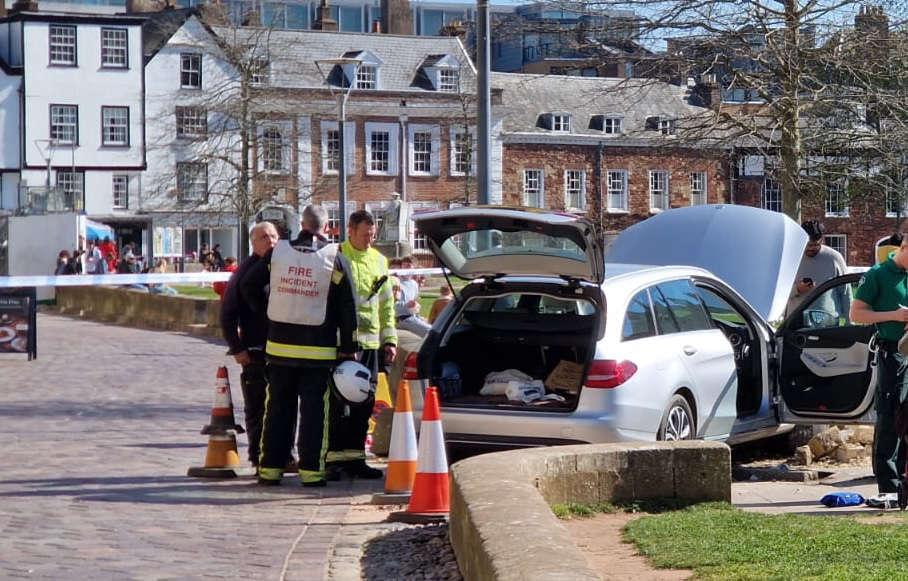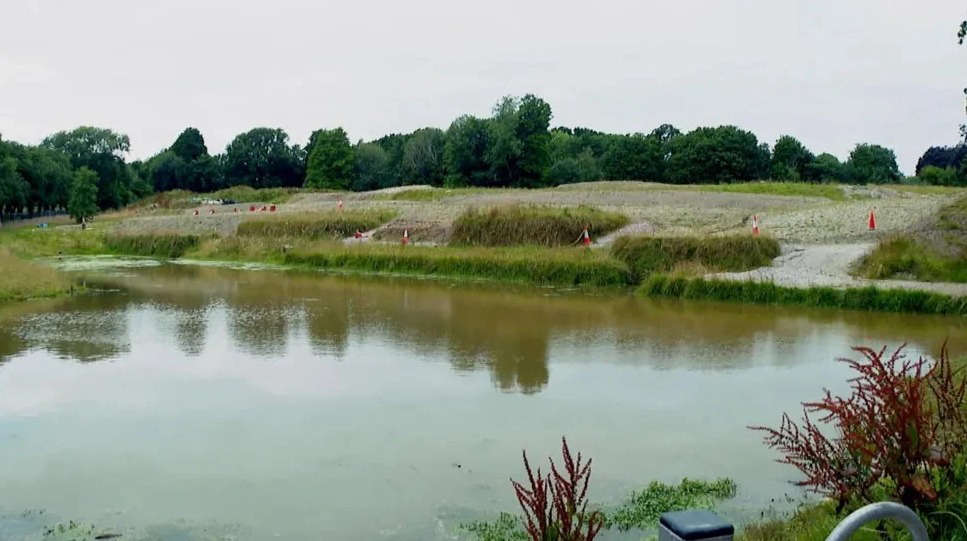
Some figures say it could be higher
A fresh estimate of the cost of reorganising Devon’s councils suggests the process could be £50 million, but some figures predict it could be even higher.
Mid Devon District Council believes the price tag for merging the county’s 11 councils into a smaller number of larger councils could be between £30 million and £50 million.
Other estimates suggest reorganisation could be double that figure. The Local Government Association said areas that have moved to unitary structures have “relied heavily on reserves” and some estimates for one-off costs range from £25 million to £100 million.
Councils are having to submit plans for reorganisation as the government undertakes the biggest overhaul of local authorities in decades.
Deputy prime minister Angela Rayner wants to scrap the two-tier system which exists in Devon.
This is where two separate councils perform different services within the same area. For instance, someone living in Barnstaple has roads repaired by Devon County Council but rubbish collected by North Devon Council.
Westminster wants all councils to be unitary, responsible for all the services in their area.
Devon has 11 local councils. Plymouth and Torbay are already unitary, but the rest of Devon is covered by the county council and eight districts.
Ms Rayner wants counties to have fewer, larger councils, ideally with populations of at least 500,000.
In a report, Mid Devon’s leader Luke Taylor (Liberal Democrat, Bradninch) said it is “unclear where such funding will come from”.
“Government has indicated that some limited capacity funding may be forthcoming, but there is an expectation that councils will absorb this cost from either existing budgets or from ‘exceptional’ use of capital (i.e. selling off capital assets with approval to utilise the receipts on revenue expenditure),” the report said.
Mid Devon District Council's scrutiny committee discusses the report today. (Monday 17 February).
The LGA said the government “needs to commit to funding up front to deliver on these reforms”.
“It is imperative that any new unitary councils are financially viable, able to provide sustainable services for communities in the long term, and able to realise the benefits of the reorganisation proposals local areas themselves draw up,” it said.
“The LGA is also working with councils who want to use this opportunity to further understand the potential the [government’s] white paper offers to unpack integrated budgets and additional powers.”
Cllr Julian Brazil (Liberal Democrat, Kingsbridge) has asked Devon County Council whether it has any estimates for how much local government reorganisation would cost in Devon.
The council’s leader, Cllr James McInnes (Conservative, Hatherleigh and Chagford) said he is unable to answer Cllr Brazil’s question, given the early stage of the process.
Cllr McInnes said he is “expecting further clarification” from government soon, and would update councillors when he is able.
Jim McMahon, minister for local government and devolution, has now written to Devon’s council leaders.
He said a “record number” of councils had requested financial help from the government this year to help set their budgets, and that his plans for local government reorganisation would create “empowered, simplified, resilient and sustainable local government”.
“The public will rightly expect us to deliver on our shared responsibility to design and implement the best local government structures for efficient and high-quality public service delivery,” he said.
“We therefore expect local leaders to work collaboratively and proactively, including by sharing information, to develop robust and sustainable unitary proposals that are in the best interests of the whole area to which this invitation is issued, rather than developing competing proposals.
“This will mean making every effort to work together to develop and jointly submit one proposal for unitary local government across the whole of your area. The proposal that is developed for the whole of your area may be for one or more new unitary councils and should be complementary to devolution plans.”
Devolution is the term the government is using for its proposals to have elected mayors covering more than one of the new, larger unitary councils. These would be called mayoral strategic authorities covering around 1.5 million people.
 Work begins on project to rebuild fire-hit Exeter landmark
Work begins on project to rebuild fire-hit Exeter landmark
 Car crashes through wall near Exeter Cathedral
Car crashes through wall near Exeter Cathedral
 Plymouth community group scoops national award
Plymouth community group scoops national award
 Naming streets after famous people could be over in parts of Devon
Naming streets after famous people could be over in parts of Devon
 Devon man jailed for escaping lawful custody
Devon man jailed for escaping lawful custody
 Nearly £1 million extra being spent to complete Plymouth ponds project
Nearly £1 million extra being spent to complete Plymouth ponds project
